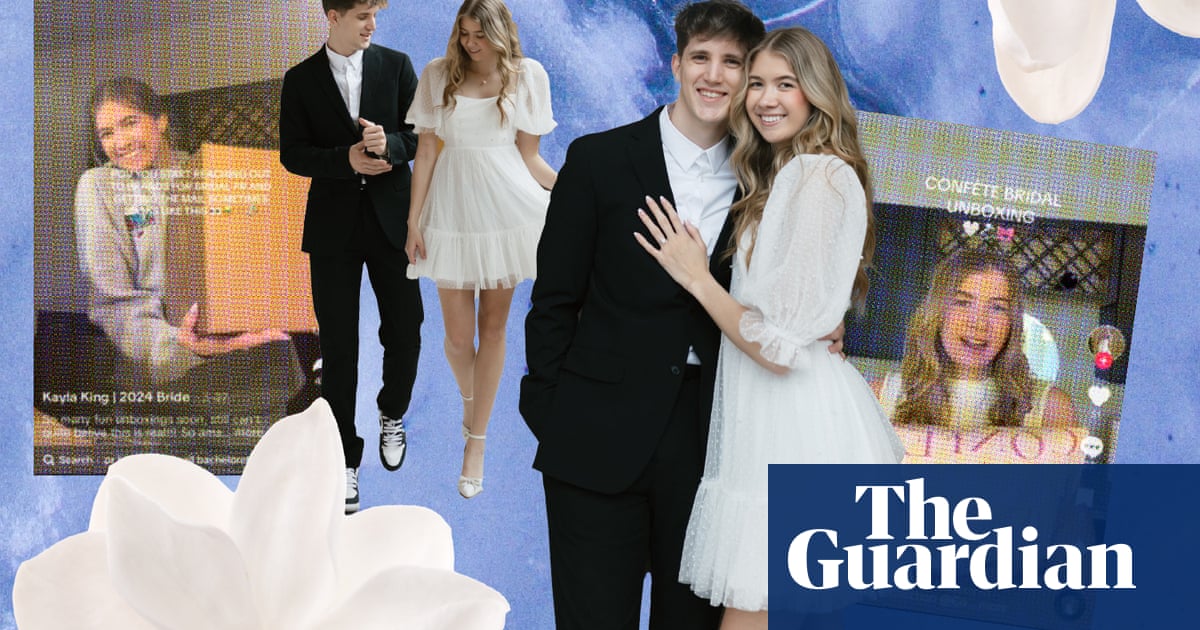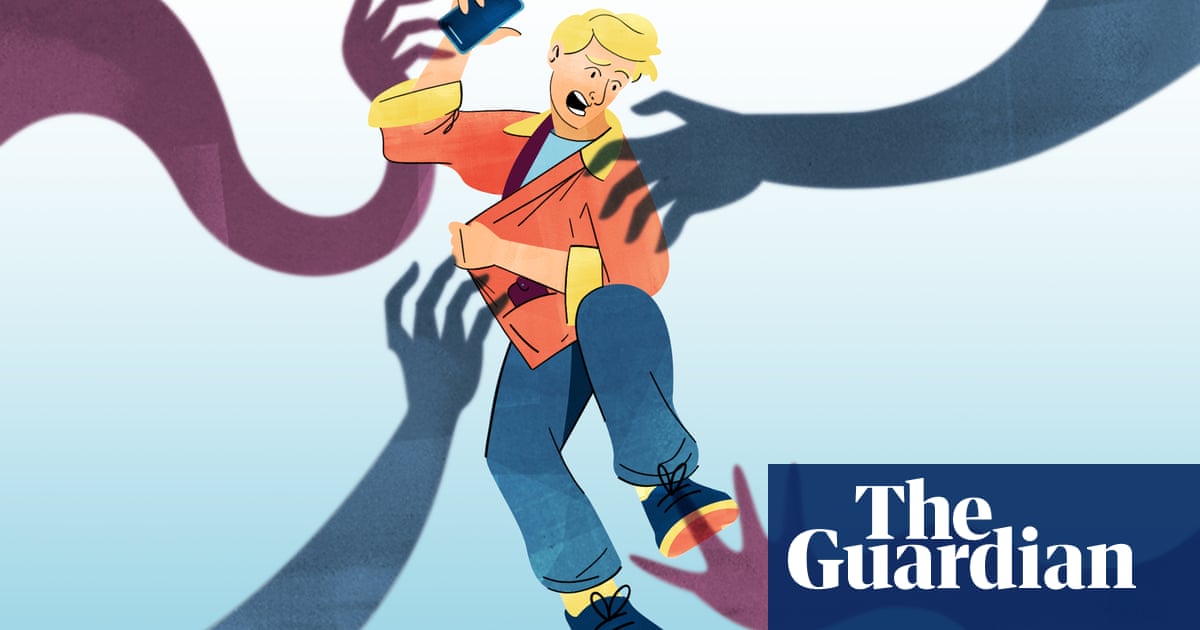
Britain has been experiencing something of a heatwave this week, obliging me, as an Australian, to harangue its people on the subject of sun protection. I lived in the UK for 10 years, so I can broadly understand why Britons are hapless with their skincare. In Australia, the seasonal cues to cover up are well defined: in autumn, winter and spring you get sunburnt; in summer everything’s on fire and the coral dies. And you get sunburnt.
In Britain, I guess it’s difficult to muster a terror of the sun when its light is so rare that you’re trained from birth to run immediately for the nearest park, sit down and get drunk the moment a warm ray hits your face. The only thing that ever moved to Britain for the weather is mould.
Certainly, during the decade I spent in the UK, my own seasonal awareness was limited to cold and colder experiences on a spectrum of being damp. For my first three months, what I thought was an existential crisis turned out to be a vitamin D deficiency. I didn’t realise all the kippers and jack-the-ripper-memorial offal dishes were to compensate for lack of sunlight. I thought they were cunning tactics to repel the French. “Mais zut alors, Pierre, turn back, the food is terrible!”
I was only ever completely sure it was summer by the annual appearance of warmed, sweaty men going tits-out at the post office. In your current heatwave, Britain, such men are on my mind – because I’ve seen them reincarnated, so many times, as British tourists on Australian beaches, half-roasted, shedding their bright pink, peeling skins even as they claim they never felt the heat. The archaic Australian rebuke for an insincere insistence is “don’t come the raw prawn with me”, and it’s never been more apt.
Australians see your boiled bodies as our memento mori. I was a small child in the 1980s when the growing hole in the ozone layer spread itself over the local consciousness. My parents’ generation watched the once glamorously tanned generation older than theirs shrivel themselves into the same texture as wet, dried and criminally abused prune-leather, and then they watched them die. “Melanoma” became a household word, avoiding it a national obsession; fairer-skinned people are more likely to get melanoma, darker-skinned people more likely to be killed by it.
So what advice can we impart? These days, Australian parents dress their children for the beach in dark, ankle-to-wrist full-body swimsuits, as if they’re preparing them to tactically assassinate it at nightfall. Schoolyards enforce “no hat, no play” rules, and Australians learn to slip (on a shirt), slop (on some sunscreen) and slap (on a hat) – in rhyme, in song, in constant repetition – the way other cultures learn ritual prayer.
In Britain, it was always somewhat confounding to be briefed by locals on their detailed phobias of Australia’s far away snakes, spiders and crocodiles, only to watch the same people roll themselves into the nearest corpse-sized mechanical cancer sandwich – sorry, tanning bed – so they could be even more naked on their next beach holiday. In our country, commercial machines of this nature are sensibly banned, you lunatics, and, by the way, skin cancer is literally 1,000 times more likely to kill someone here than a crocodile is.
I am a night person, a theatre person, a bookworm, and I hid in the grimiest shadows of your damp islands for a decade. Fair of face, my slip-slop-slap routine is more akin to a ritual embalming: I am more cream now than skin.
And yet, two years ago, despite a lifetime of smearification and a mother who would not let me leave a house without screaming “FOR CHRIST’S SAKE, VANESSA, WEAR A HAAAAAAAT!”, what I thought was a tiny, invisible but irritatingly slow-to-heal scratch on my forehead that I casually asked the doctor to have a look at turned out to be the tip of a squamous tumour the size of a 5p piece. It required surgery to carve it out, and there was a lot of blood.
I knew then I was truly an adult. As an Australian midlife tradition, having cancerous chunks cut out of our faces is more prevalent than divorce. Two-thirds of Australians get some form of skin cancer. Only 2.2 out of 1,000 Australians got divorced in 2021.
So remember that, cousins, as you turn your pretty faces to the sun. Post your letters with your shirts off this week, run to that park, but baste in those rare rays at your peril. The sun, you see, shines on us all.
Van Badham is a Guardian Australia columnist












